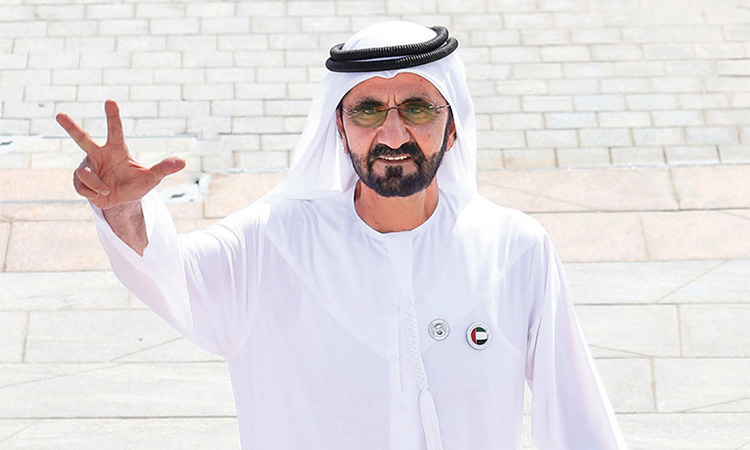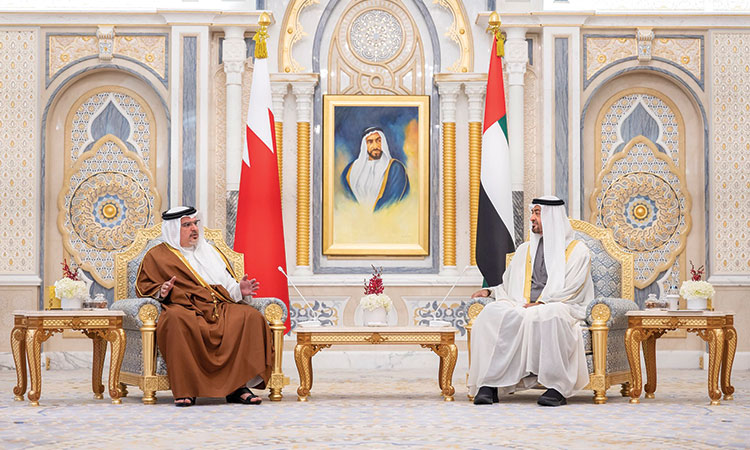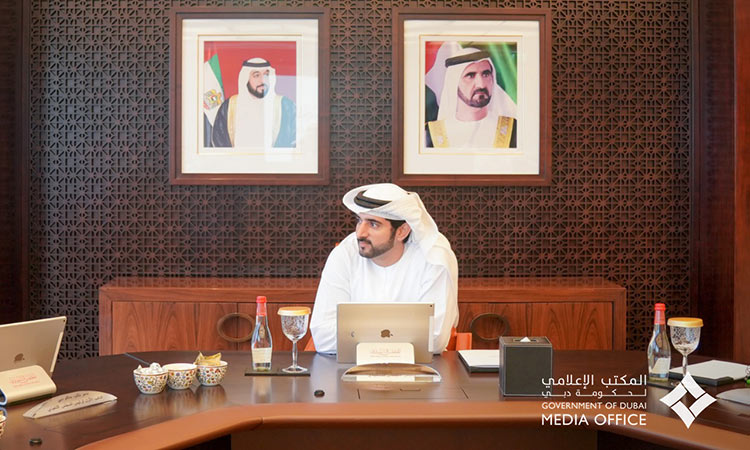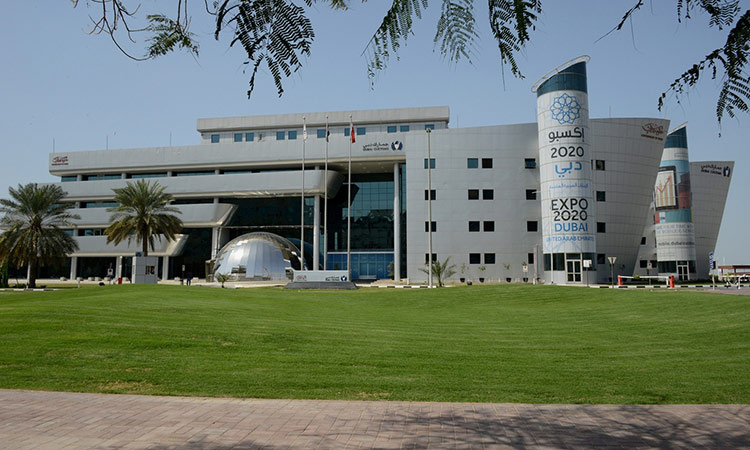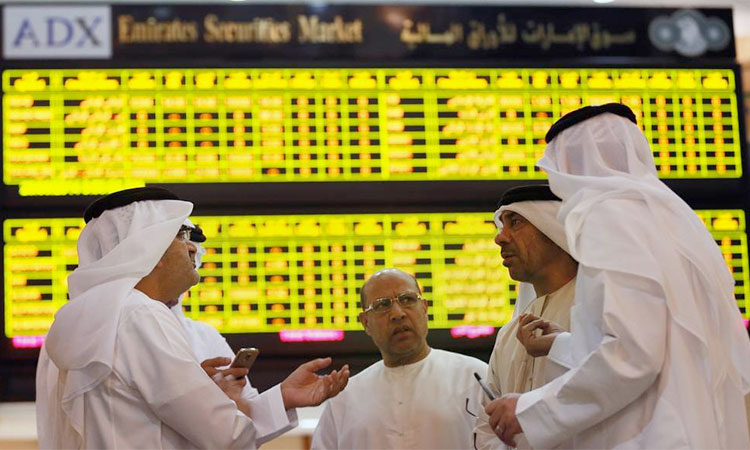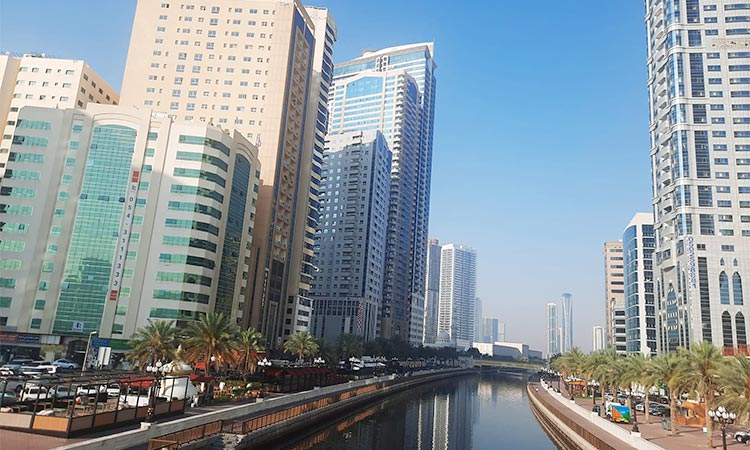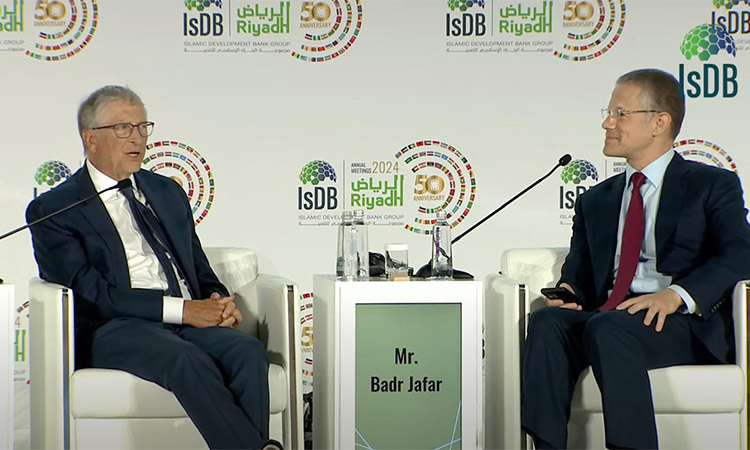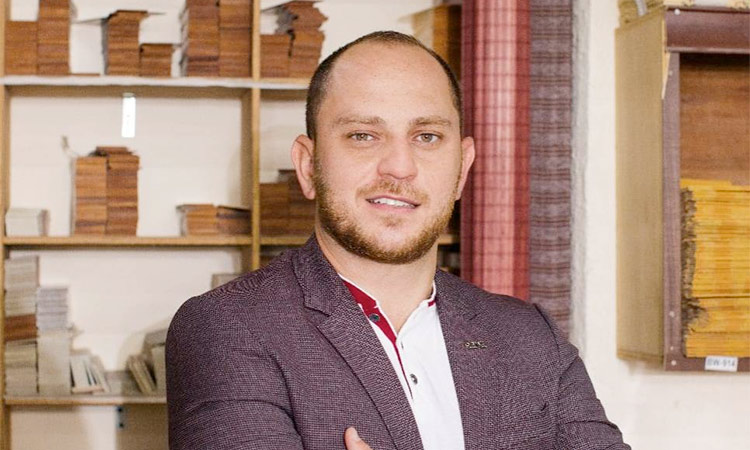UAE committed to global climate change action as hosts of COP28
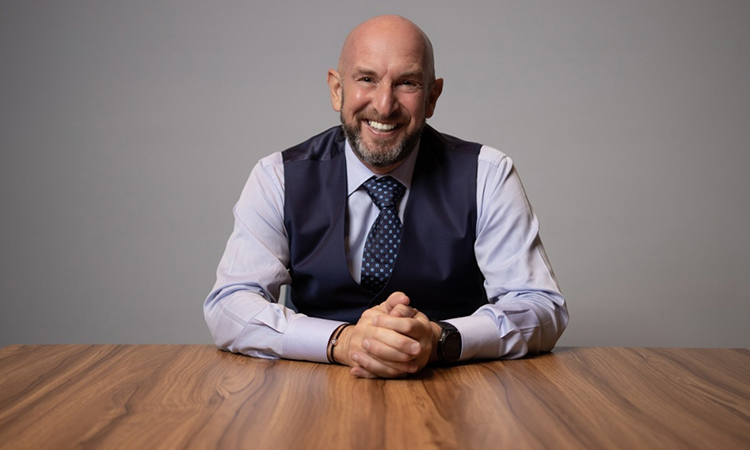
Peter Docwra poses for a photograph.
In November 2023, as 200 world leaders touch down in Abu Dhabi for the 28th session of the UN Climate Change Conference COP28, it will be at a critical point in the global climate change crisis. As all parties work towards achieving net-zero emissions and assess their commitment to limiting global warming to 1.5 degrees Celsius, COP28 will no doubt attract intense scrutiny on a global scale.
“COP28 in 2023 will and must be a ‘solutions COP’ – and I am confident that the rich experience of this young, inclusive nation in advancing practical, viable and shareable solutions to the world’s most pressing challenges will again come to the fore as we host the world for the UN Climate Change Conference in two years’ time,” said H.H. Sheikh Abdullah bin Zayed Al Nahyan, Minister of Foreign Affairs and International Cooperation when the COP28 presidency announcement was made in November 2021.
As the world works towards achieving the goals set out in the Paris Agreement, COP28 will mark only the second time the United Nations Framework Convention on Climate Change has been held in the Middle East, a decade after Qatar held the presidency in 2012. But it’s not only about ensuring agendas stay on target that makes these conferences a success. A huge amount of planning will need to go on behind the scenes long before the first world leader touches down in Abu Dhabi.
As the UAE’s Supreme National Committee held its inaugural meeting in March 2022 to plan the first of its kind event in the nation, H.E. Mariam bint Mohammed Almheiri, Minister of Climate Change and the Environment, highlighted the importance of navigating the future climate challenges to be addressed at COP28.
“At a time of rapidly rising climate risks that threaten all countries, we welcome the responsibility of hosting COP28, and are determined to support the international community in pursuing a practical agenda that focuses on implementation, ambition, opportunities and transformation,” Mariam bint Mohammed Almheiri said. “At COP28, we will address the planetary and economic aftermath of climate change as two sides of the same coin, exploring solutions that put us on a path towards limiting global warming to 1.5C and are economically viable at the same time. We are keen to share our successful approach of turning challenges into opportunities to leave a healthier planet to our children.”
With the UAE coming off the immense success of EXPO 2020, ministers are feeling confident in their ability to tackle the logistics of hosting an event that garners intense media scrutiny.
While EXPO 2020 hosted over 20 million people during its 6-month run, COP28 will be accommodating a considerably smaller group of about 26,000 over two weeks. The fundamental difference will be the logistics of simultaneously catering to 200 world leaders, a feat that will require detailed planning for successful execution.
Delivering these complex events is something few people truly understand. With a career that spans over two decades Peter Docwra, a complex events specialist and managing director of E20events, has worked on a portfolio of complex events including the 2014 Australia G20 and Saudi 2020 G20 Leaders’ Summit, the 2011 Commonwealth Heads of Government Meeting, APEC 2021 and the World Defense Show 2022. Docwra offers an insider’s perspective on the staging of complex events, as he recently told the EconoTimes is “akin to a major military operation.”
“The key to these events is early planning. While they might only last a couple of days, the logistics need to be meticulously thought out,” explains Docwra. “The size of the entourage that comes with one world leader is a challenge to organize - now multiply that by 200. You need to plan the end-to-end journey when it comes to things like airport arrivals, hotels, transport and the technology infrastructure needed to ensure teams can work efficiently.”
During the formation of the Supreme National Committee, H.H. Sheikh Abdullah bin Zayed stressed that the UAE would be working closely with the UK and Egypt (COP26 and COP27 hosts respectively), “to build on the current momentum and enhance efforts to host COP28.”
Lessons can be learned from studying the outcomes of other events, especially those from Glasgow in 2021 where organisers faced huge challenges while trying to stage an event in the middle of a global pandemic.
COP26’s chief operating officer, Wasim Mir recently told Civil Service World that he “didn’t really expect it would be part of my role to field complaints from one set of delegates that it was too cold and another set of delegates that it was too warm.” But according to Peter Docwra, this is exactly the type of issue an organizer should be anticipating.
“You need to be thinking about every detail, however insignificant it might seem. Even down to the precise room temperature, the type of food and drink offered in meetings, the time it takes to get from one area to another – it all matters,” says Docwra.
While many might be focused more on the outcomes of policy at these events, Peter Docwra is quick to point out that without the appropriate security, logistics and operations in place, policy outcomes will suffer.
“Policy outcomes rely on having faultless logistics,” says Docwra. “Leaders need to have tough conversations here, conversations that will have an impact across generations. You want to remove as many distractions and logistic problems as possible, to allow leaders to lead on one of humanity’s most important agendas.”
The UAE is no stranger to the importance of planning and execution. Having convened the Supreme National Council in early 2022, ministers are showing a readiness to apply the lessons learned from EXPO 2020, along with the lessons from those at the frontlines of complex events, to make a complex COP28 summit a success.
